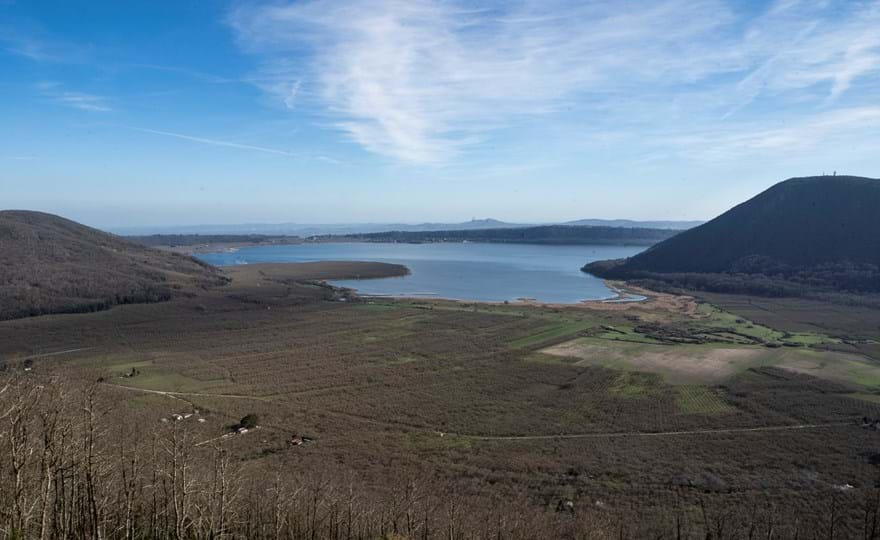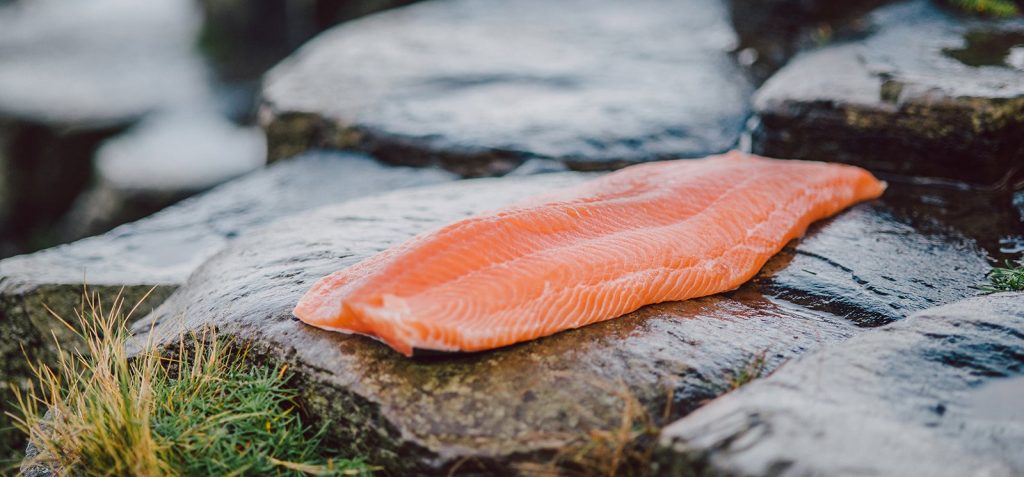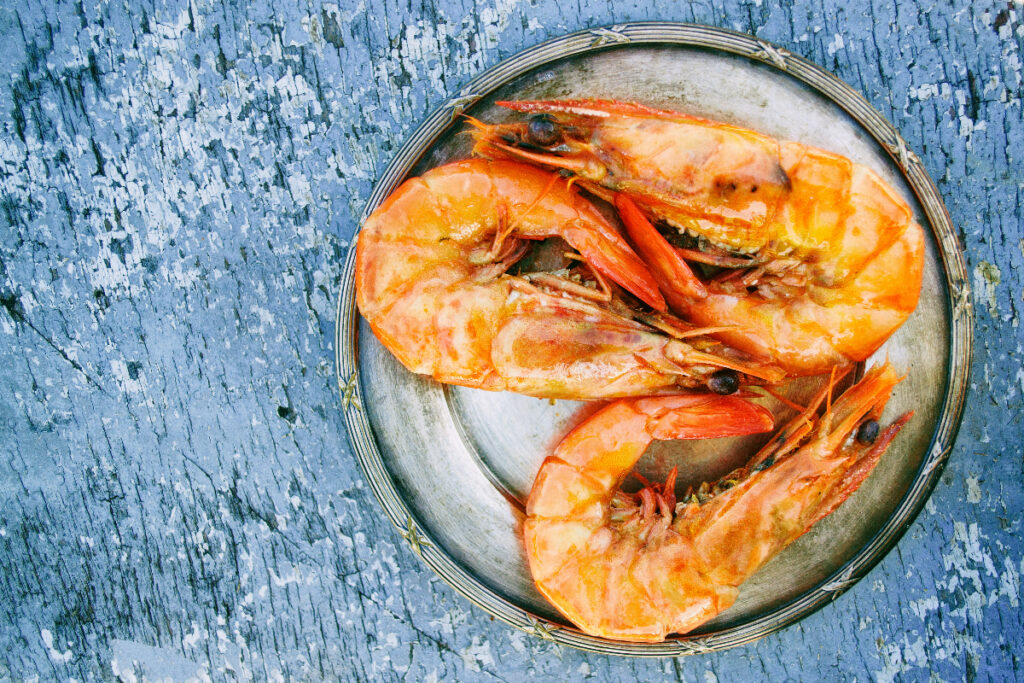The best BBQ Delivery Boxes in the UK from small sustainable British Farms
This piece is part of the Exploits series, from Wicked Leeks and Live Frankly, aiming to highlight the systemic poor conditions faced by people working in food and fashion. Find out more here.
Everyone on this planet has a right to a clean, healthy and sustainable environment; a right to health and to food and water; and a right to livelihood and to culture.
Yet the profound connection between protecting the environment and upholding these most fundamental human rights has often been overlooked – especially when it comes to biodiversity loss.
Biodiversity is the incredible variety of life on our planet, including plants, animals, insects, fungi, invertebrates, and humans. It encompasses all the Earth’s ecosystems and the natural resources that sustain us, providing food, energy, medicine and genetic resources. It sustains the air, water, and soils on which humanity depends, as well as essential ‘ecosystem services’ such as pollination, pest control and protection from natural hazards.
The alarming global decline in biodiversity is jeopardising people’s rights to these services, perpetuating and deepening existing inequalities. While the nature crisis impacts all of us, Indigenous Peoples and local communities – many of whose lives, cultures, beliefs and livelihoods depend directly on the natural world – are disproportionately affected.
Food production is the root cause of biodiversity loss
To halt the decline and the harm biodiversity loss causes to people, we must address its root causes.
Biodiversity loss is primarily driven by the world’s food production system.
The agriculture and seafood sectors in particular, contribute on a mass scale to pollution, the spread of invasive species, climate-damaging emissions and the overexploitation of our precious natural resources – all of which are exacerbating the crisis.
More than 70% of the Ecuadorian mangrove forests have been lost to shrimp farming, which dumped toxic waste into the sea and cut down the forest, killing local wildlife populations and destroying the ancient ecosystems.
What was once a dependable source of food can no longer sustain communities. Gone too is the ‘green infrastructure’ provided by the mangroves as a buffer against floods and erosion.
Closer to home, Italy’s Lake Vico is being wrecked by catastrophic pollution from intensive hazelnut farming. The boom in farming has led to a dangerous quantity of fertilisers entering the lake, harming and killing off nature and wildlife and making the water – normally used for public consumption – undrinkable.

Companies have a legal responsibility to respect human rights
Companies operating in the food sector must confront the harsh reality that they are at risk of driving biodiversity loss, thereby violating human rights.
Ultimately, they have a legal responsibility to respect the rights of people in the areas where they operate. That includes identifying their impacts on nature and taking action to ensure that they aren’t contributing to environmental damage that risks harming people.
Inaction is not an option. If we don’t urgently reverse this decline, the impacts will continue to proliferate, endangering the natural world and the rights of people everywhere. It is time for collective responsibility, meaningful action and a steadfast commitment to protecting our environment and upholding the human rights on which our societies are built.
As a legal environmental charity, ClientEarth is using the law to fight back. It is highlighting the role of corporations and taking legal action against Italian authorities to protect Lake Vico and the people who depend on it.
Main image: Zaid Ahmed, Pexels





